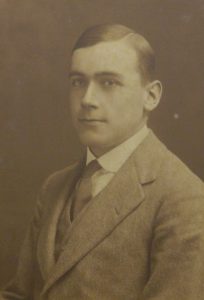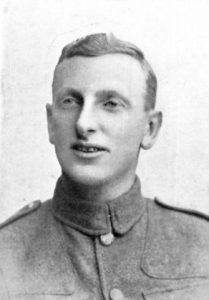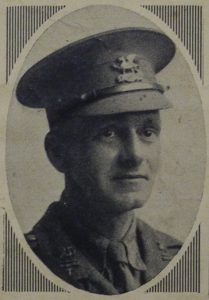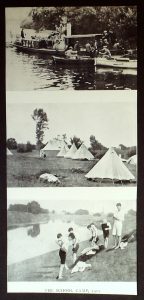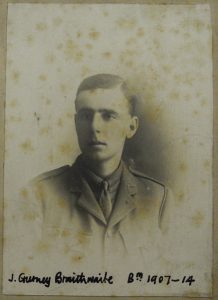From Bootham magazine, March 1916
“S. FARADAY [Bootham: 1908-10] : “December 13th.—We received orders re the evacuation of Suvla Bay, and I was sent to make a map of the route we should follow when we retired. This I did. The walk was very interesting, and one had a tremendously good panorama of the whole firing line as far as Anzac on our right. I retired at 8p.m., after dinner, and was just going off to sleep when I heard a tremendous row close to my head. I tumbled out of my sleeping-bag and found that a shell had dropped a few feet from my dug-out, but, fortunately, did not explode. December 18th.—’ The Day ‘—our evacuation. The South Lancashires to take over our lines this afternoon. We were to leave 5.45 p.m., and all lights were to be left burning, just as if we were still there. We marched down and embarked on the SS. Rowan safely off South Pier—thank goodness! December 19th.—Had a real good sleep on board and arrived this morning in Mudros harbour. December 25th.— The weather perfect; sun really quite hot. In the afternoon I climbed the highest hill on the island and had a most magnificent view. I saw Asia Minor, Gallipoli, entrance to the Narrows, Mount Athos, Greece, and the whole island of Lemnos laid out like a model map—a truly wonderful view. January 10th.—I refereed in a Soccer match this afternoon. It seems that we are full of Soccer just at present. Still, the men thoroughly enjoy it, and it is something interesting to do, as it is very monotonous here.” Further news says that on January 20th they left Lemnos for Alexandria.”

